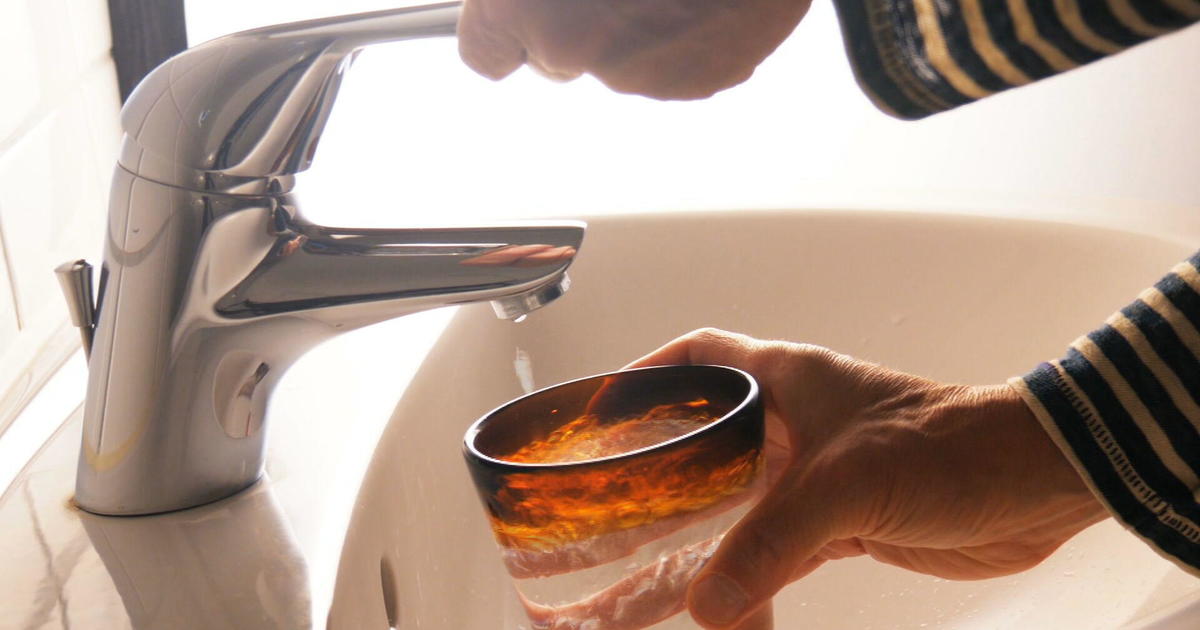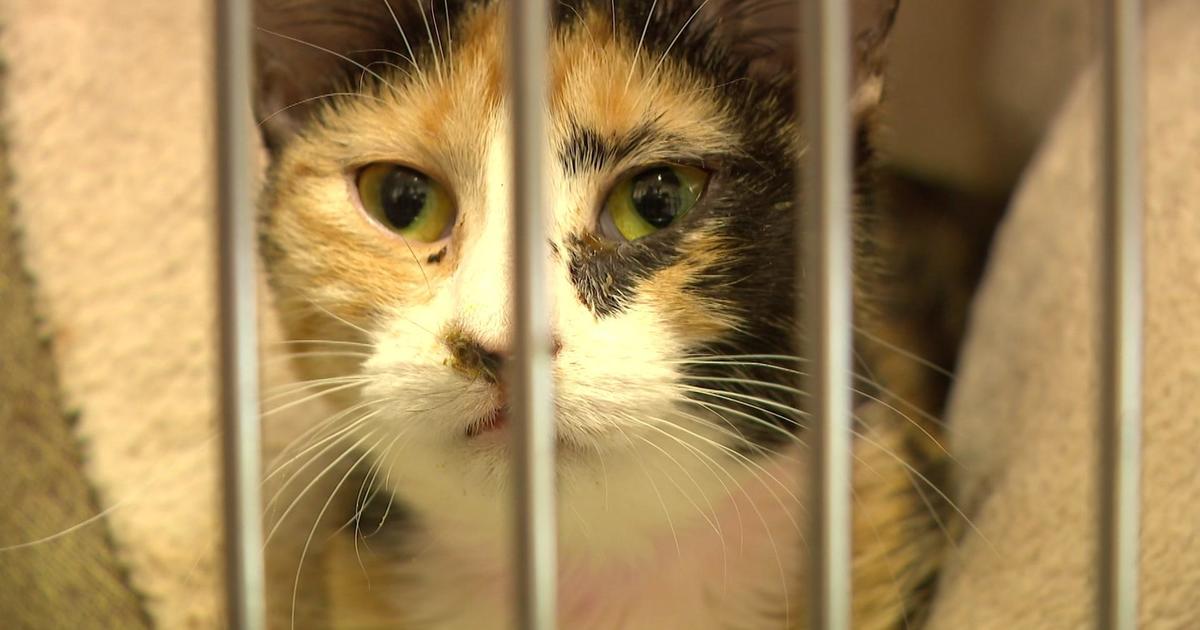Minnesota Nurse Staffing Legislation Scaled Back
ST. PAUL, Minn. (AP) — A Minnesota nurses union and the state's hospitals neared a deal Friday to study and publish more data about medical center staffing plans rather than put minimum requirements for inpatient care into law.
The yet-finalized agreement allowed a bill pursued by the Minnesota Nurses Association to advance Friday through a House committee where the initial proposal was on shaky ground. The nurses union began the legislative session by asking lawmakers to adopt staffing thresholds that would have been overseen by Minnesota's health department.
Under the new plan, hospitals would develop a core staffing plan for each care unit that specifies the typical nursing and other caregiver hours per patient. Those plans, as well as quarterly reports reflecting the actual direct patient care hours, would be posted on the Internet. Meanwhile, the Department of Health would conduct a study correlating staffing levels and patient outcomes. That report must be completed by January 2015.
Both sides said the proposal still needs refining after coming together the day before the House Health and Human Services Policy Committee met.
Minnesota Hospital Association's president, Lawrence Massa, said the group that represents 144 hospitals is "on board in concept" with the arrangement.
"Nobody is being asked to change anything. Just report what you're doing," he said.
Nurses Association executive director Walt Frederickson said his union still regards hospital staffing as strained and causing unnecessary patient risk. He said increasing hospital transparency is a big step.
"The members will be happy with being able to gather this data. Right now this data has been non-existent to us and the public," Frederickson said. "It's the consumers of health care that really benefit from this."
Other states have similar reporting systems; only California has a mandatory staffing law that the Minnesota union had been seeking. Past efforts to attain minimum staffing requirements through collective bargaining have fallen short, which led the union to Minnesota's Capitol.
The issue rose to the level where House Speaker Paul Thissen personally worked to broker the compromise in a Thursday afternoon meeting with stakeholders. The legislation had caused consternation within the House Democratic caucus between those members partial to the union's arguments and those representing districts where a local hospital is a major employer. Democratic Gov. Mark Dayton had expressed some hesitation with the earlier version.
Rep. Tina Liebling, the committee's chairwoman, also had been cool to the original proposal. She said the changes to the bill help defuse a contentious topic.
"There's broad agreement we need to do something in this area," said Liebling, DFL-Rochester. "There is a problem. We need to do some study of the problem."
The bill still has a ways to go before becoming law, and the Senate has yet to start its consideration of the nursing proposal. The first Senate hearing on the nursing issue is Monday.
(© Copyright 2013 The Associated Press. All Rights Reserved. This material may not be published, broadcast, rewritten or redistributed.)



